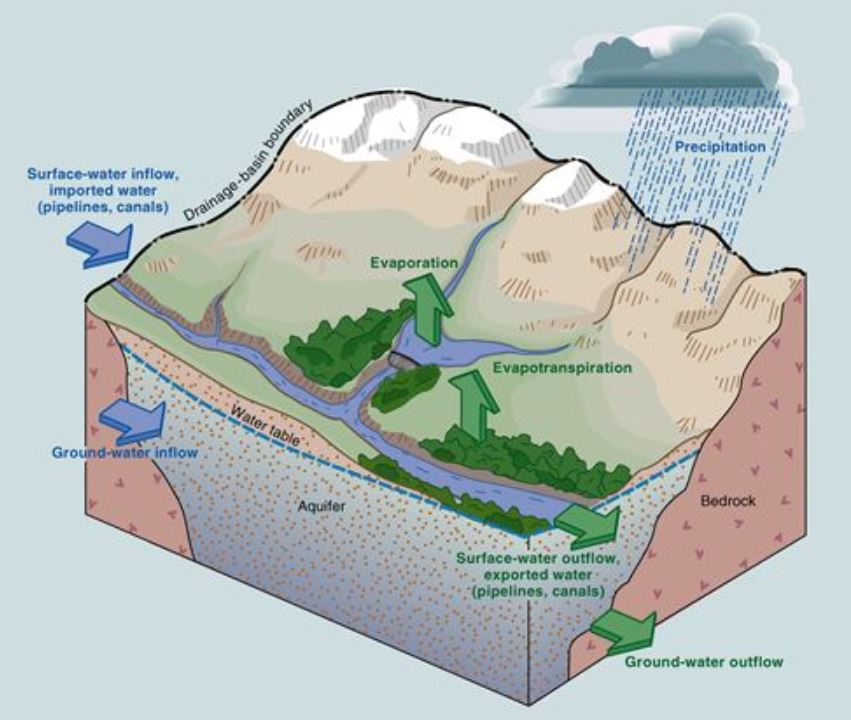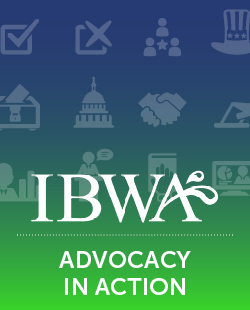Types of Water
Types of Water

Drinking water is essential for human life, and it’s important to be mindful of the different types of water available. Most bottled water drinkers also drink tap or filtered water.
Drinking enough water each day is crucial for many reasons: to deliver nutrients to cells, regulate body temperature, keep organs functioning properly, ensure joints are lubricated, prevent infections, and aid digestion. Being well-hydrated also improves sleep quality, cognition, and mood. Health experts and nutritionists agree that drinking water is the best option for hydration.
Today, most consumers get their drinking water from the following three sources:
Water has varying characteristics depending on the water’s source. Water can be collected from surface sources such as rivers, streams, lakes, and glaciers. Water can also come from underground sources such as wells, springs, and aquifers.
Precipitation is another source of water, resulting from rain and snow, and water can also be made from sea water using desalination technology. Additionally, most water contains naturally occurring dissolved minerals and chemicals, which are within set limits established by the U.S. Food and Drug Administration (FDA) as safe to consume.

Source: USGS
How bottled water differs from tap water
Differences in the regulation of tap water and bottled water, though minimal, highlight the differences between drinking water delivered by a public water system and drinking water delivered to the consumer in a sealed container.
- Public water systems (tap water) provide quality water for human consumption and other uses (e.g., washing clothes, bathing, and industrial and commercial uses) through a piped distribution system to specific communities. Public water systems are granted exclusive rights to provide water to consumers in a particular geographic or municipal area. Consumers do not, therefore, have a choice of which public water system will provide water to their homes or businesses. Tap water is regulated by the U.S. Environmental Protection Agency (EPA).
- Bottled water is a packaged food product that is regulated by FDA and is intended solely for human consumption. It is sold in individual, sanitary, sealed containers. Consumers have a variety of bottled water choices available to satisfy their particular tastes and price preferences. It is sold in many different package sizes, including 3- and 5-gallon containers used with water coolers, 2.5-gallon refrigerator-size containers, and “on-the go,” convenience–size packages of half-liter, 1 liter, and 1.5 liter. Consumers choose bottled water for several reasons: taste, quality, safety, and convenience. Not only is bottled water regulated by FDA as stringently as EPA regulates tap water but also, in some cases, the FDA bottled water regulations are more stringent.
Learn more
Bottled Water
Municipal Water
Filtered Water (Home & Restaurant Filtration)





